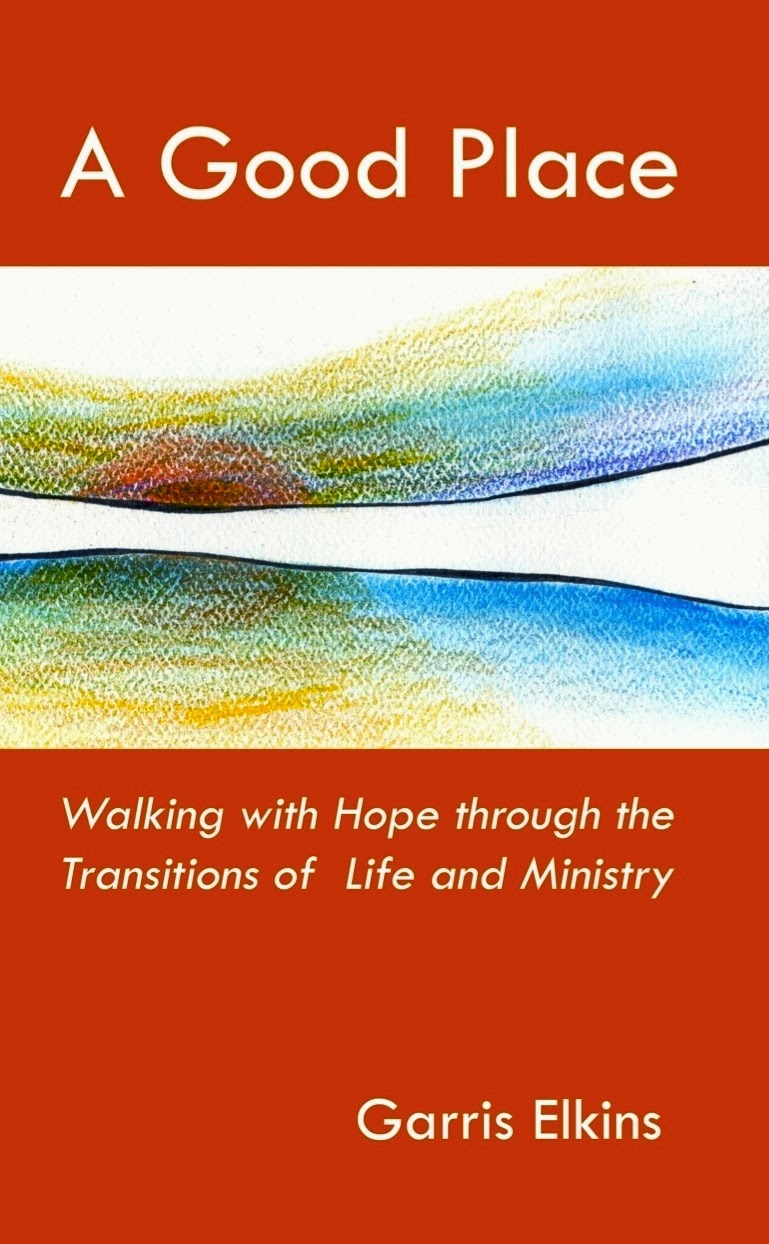When I have faced these
kinds of intersections, I learned something many years ago that has never
failed me. I began looking for the doorway of peace. The doorway of peace is opened when the peace
of God settles on a particular direction and invites us forward. This doorway opens for no apparent natural
reason. The doorway of peace has come into view when I faced multiple options
and when no options were yet visible. It was not easy to wait for this
doorway to appear, but it has always proved to be the right direction once I
stepped across its threshold.
Jesus said to his
disciples in John 14: 27 “I am leaving you with a gift—peace of mind
and heart. And the peace I give is a gift the world cannot give. So don’t be
troubled or afraid.”
The peace Jesus
described to his disciples is not a peace that comes because we can control our
moods, feelings or circumstances. This is a gift from God that comes to help us
make decisions about which path to take or what option to choose. Nothing in
this world can give us this kind of peace because it comes from another realm -
another Kingdom. This peace comes from eternity to form and inform our
decision-making process in the here and now.
How do we receive the gift of this kind of peace? Paul gives us insight into obtaining this
peace in Philippians 4:6-7:
“Don’t worry about anything; instead, pray about everything. Tell God what you need, and thank him for all he has done.
Then you will experience God’s peace, which exceeds anything we can understand.
His peace will guard your hearts and minds as you live in Christ Jesus.”
Paul said three things – praying, telling, and thanking – would precede
the release of this peace.
Paul first instruction was for us to pray. As we begin to pray worry is
displaced. His second instruction infers that as a child of God we have been
given permission to tell our Father what we want. “Delight yourselves in God and he will give you the desires of your
heart.” (Psalm 37:4) Paul’s third
instruction was to turn around and look at our history and thank God for all he
has done.
Once we have done these three things something supernatural happens - “Then you will experience God’s peace”.
Not before, but after we pray, tell and thank God – then the peace comes.
This is the math of heaven - an equation for peace. Praying plus telling plus thanking equals the
release of peace. I think this equation works because once we start doing the
math we get our focus back on God and his goodness and not on the fork in the
road before us that seems so intimidating.
Paul also wrote that, “His peace will guard your hearts and mind.” The peace of God, once
it comes, acts as a sentry on the doorway of our heart and mind. Once his peace
is in place the disturbing presence of darkness cannot enter and create
internal turmoil and despair.
As we work this equation, and wait in faith for the peace of God to come,
we are also protected in the wait. Waiting in a life-altering decision-making
process protects us from making unhealthy snap decisions in a moment of fear or
fatigue. These kinds of fear and
fatigue-based decisions can cause us to make our own way and end up in places
void of destiny and calling.
As you stand before
your personal crossroads speak the following verses into that spiritual
intersection. Announce your arrival and
declare your faith in God who is about to show you the way forward when he
opens the doorway of his peace.
“The
Lord directs the steps of the godly. He delights in every detail of their
lives, though they stumble they will never fall, for the Lord holds them by the
hand.” Psalm
37:23-24
“Guide my steps by your words so I will not
be overcome by evil.” Ps. 119:133
“We
can make our plans, but the Lord determines our steps.”
Proverbs 16:9
